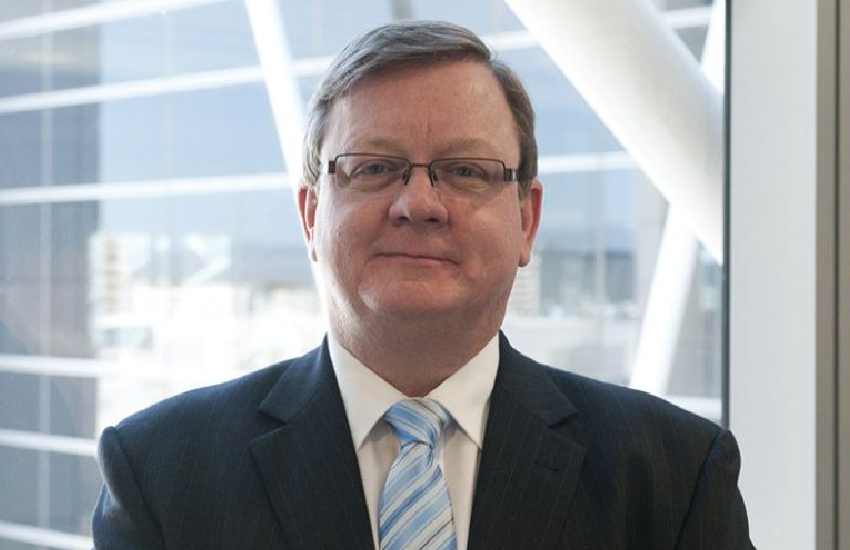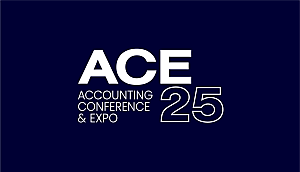Facing questions during the Senate estimates hearing, ATO deputy commissioner James O’Halloran revealed that the ATO has received a “10 to 15 per cent” increase in employers coming forward with outstanding super guarantee obligations since the SG amnesty was announced on 24 May 2018.
You’re out of free articles for this month
Mr O’Halloran stressed that the data did not distinguish between the motives of employers voluntarily disclosing due to the SG amnesty announcement or in accordance with their lawful obligation to disclose late or overdue SG payments.
Of the approximately 19,000 employers that have come forward, 73 per cent are micro business with less than $2 million turnover, and 21 per cent are medium businesses within $2 million to $250 million turnover, with not-for-profits accounting for 4 per cent.
According to Mr O’Halloran, the average number of employees affected is 36 employees, with 51 per cent of the payments in the order of $10,000 and 35 per cent in the order of $10,000 to $50,000.
“There’s a $100 million or so that has gone to employees as a consequence of people coming forward and that is including nominal interest,” Mr O’Halloran said.
“I am not distinguishing the drive or impression that people may or may not have had because they are all treated the same.
“Regardless of how and why people came forward to the ATO to bring forward outstanding SG obligations, they were all treated the same, consistent with what we do in our normal course of business in accordance with our practice statements.”
With no more sitting days left for the Senate before the federal election is called, the bill containing the SG amnesty has now lapsed.
Mr O’Halloran also defended the ATO’s discretion in waiving the Part 7 penalty for employers who made a voluntary disclosure, despite the amnesty not being law.
“In the absence of law, no one can claim a deduction for SG payments as it currently stands and it remains the same. Secondly, in the absence of law, the administration penalty as opposed to the Part 7 penalty, that cannot be waived,” he said.
“As is normal practice under Part 7, the commissioner does have discretion to apply remission of the so-called 200 per cent penalty in accordance with a number of features. One is, the individual circumstances, the compliance history, and also the voluntary nature, albeit required under law to bring forward and lodge without the ATO knowing about it, the SGC form.”
This email address is being protected from spambots. You need JavaScript enabled to view it.
Jotham Lian
AUTHOR
Jotham Lian is the editor of Accountants Daily, the leading source of breaking news, analysis and insight for Australian accounting professionals.
Before joining the team in 2017, Jotham wrote for a range of national mastheads including the Sydney Morning Herald, and Channel NewsAsia.
You can email Jotham at: This email address is being protected from spambots. You need JavaScript enabled to view it.

 Login
Login







